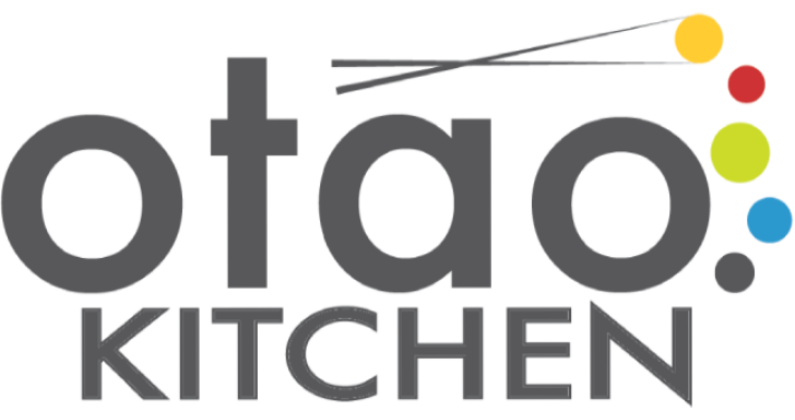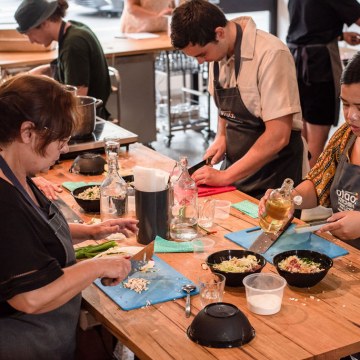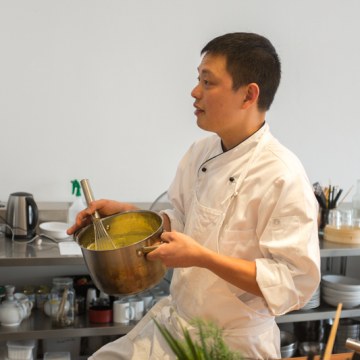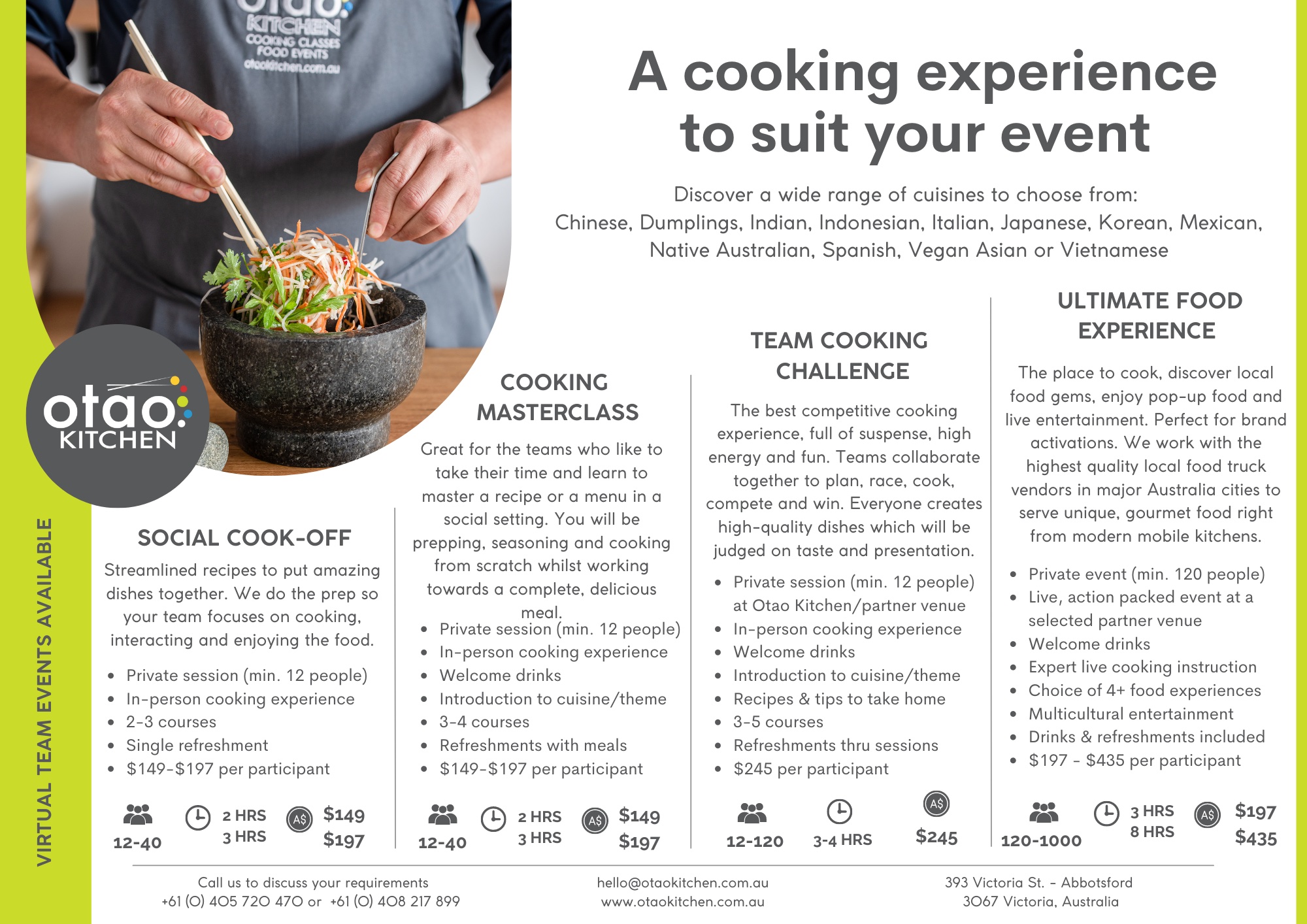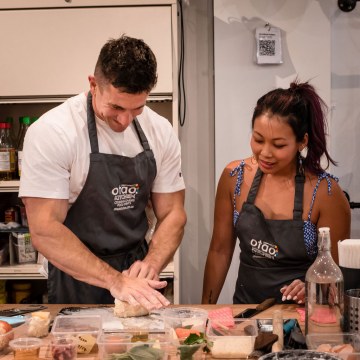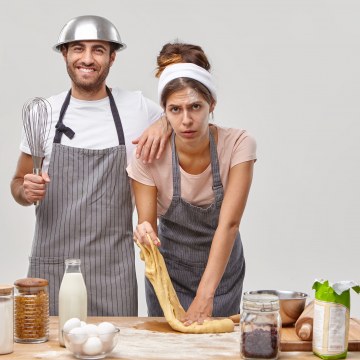Before the Event
- Email Invites. The first touch-point is the email invites you send out as a first opportunity to make a positive impression on prospective participants. You can make sure they will benefit from attending your event.
- Leverage Speakers or Content. If you have scheduled speakers inside or outside of your company to deliver a keynote presentation or give a talk, you can ask them to help you generate some buzz before the actual event. For instance, you might ask your speakers to include a video clip about what they will be speaking about or some good photo of them doing the work. This allows the speaker to engage with attendees before the event and get an idea of what they’re hoping to learn from them.
- Ask Questions? We learn by asking so you can let them know that they are able to prepare the questions they’d like to ask. You can set up a private Facebook group for questions or just you can use a simple email exchange method.
- Publish The Event. Using your event website and social media to promote the event and and get prospective attendees excited about it. The content you choose to publish can be a blog post, a short video, or a gallery of photos from a previous event or a combination of all of the above.
- Event Hashtag. If you’re looking to promote your event through social media, you’ll want to create an event hashtag before the event. There are many different ways you can benefit from creating an event hashtag: to engage with prospective attendees and reach a wider audience; to get the event updates or to monitor what prospective attendees are saying about your event and get a sentiment analysis.
During the Event
- Social Wall. You can set up social walls to personalise the event experience by projecting a live stream of your event’s hashtag on large screens in your venue. This helps attendees to share their experience on social media using your event hashtag and actively keeps them engaged.
- Live Tweets. Creating an event hashtag can help event organiser to improve the event’s experience for attendees during the event. You will know the event feedback through social media and you can respond to them or take appropriate action.
- Networking Opportunities. People attend events can expect sometime to network with peers. So it is important to make some room for networking sessions in your conference and meeting. It’s a great opportunity for your team building for people to connect with other event attendees.
- Having Event On The Website. This makes easy for attendees to quickly get information about the event such as venue details, event calendar, itinerary, and the speaker line-up.
- Live Stream Videos. During the event, you can live stream the contents and behind-the-scenes to generate attendee engagement. For instance, you could use Facebook Live to live stream short interviews with your speakers.
After the Event
- Thank You Emails. Sending a thank you email to your attendees after the event has ended is a great way to show your appreciation and make them feel valued. You can make the email more engaging by including a link to video highlights or photos of them from the event.
- Follow Up With Leads. Your sales team can send our personal email to the contact they got from the event with personal notes.
- Feedback. A quick feedback survey after the event ends gives you an opportunity to continue engaging with them and learn more about their experience.
- Build a Community. Use social media or in house platform to connect for your attendee to connect with speakers and others is a great way to increase engagement - Facebook Group or a Slack channel or email newsletter.
- Event Highlights. Writing a blog post or newsletter with the event’s highlights allows you engage with those who were able to attend your event and those who couldn’t make it. The content would be stats, industry/sector issues, photo/video or other sharable contents.
- Offer Discounts or Awards. Convincing past event participants to attend another one of your events is much easier than getting new ones.
How cooking event can be your best event yet?
Events aren’t just about networking, seeing a big-name speaker but sometime cooking and tasting food are a way to connect, share and build ideas, projects or even communities. Here are some ways that our cooking event can get the creative vibes flowing at your event.
- Make it experiential. Cooking is a natural way to connect people and a creative way to engage ideas, projects or even communities.
- Offer more ways to meet and networking. Your attendees crave a chance to meet more people and trying different things. But static booths and stages can create little to no interaction between attendees and other experts. Let’s say you’re hosting cooking event. Rather than having sales reps at the booths, arrange for the street food of Asia themselves to provide onsite tasting and experience.
- Extend the learning after the event. Create a social Facebook group where attendees can continue to connect and share ideas year-round. To keep the conversation going, you can create prompts to spark engagement.
